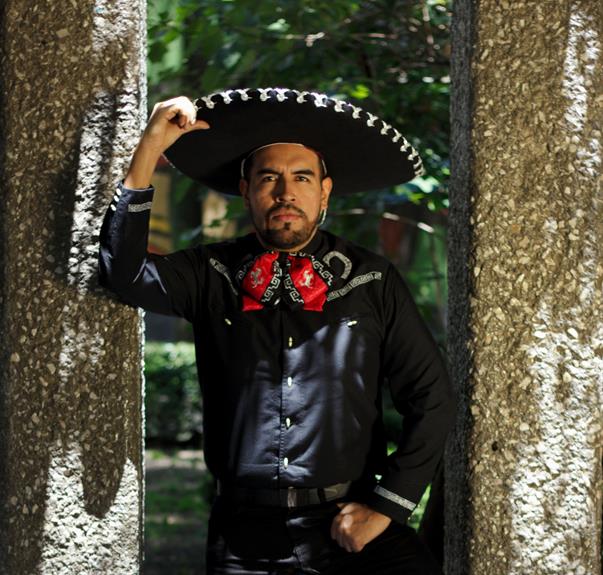
I can't even begin to describe the vibrant cultural festivals that Spain has to offer! From the wild tomato-throwing extravaganza known as La Tomatina, to the exhilarating Running of the Bulls, and the energetic Flamenco Festival, Spain knows how to celebrate in style. Don't forget the colorful Carnival of Cadiz and the deeply religious Semana Santa. These festivals are a feast for the senses, showcasing Spain's rich history, traditions, and passion. Get ready for an unforgettable fiesta!
Key Takeaways
Table of Contents
- La Tomatina Festival: A unique festival in Buñol, Spain, known for its massive tomato fight and the opportunity to indulge in traditional Spanish food.
- Running of the Bulls: A controversial festival during the San Fermín festival in Pamplona, Spain, with strict safety measures implemented to protect participants and bulls.
- Carnival of Cadiz: A vibrant festival in Cadiz, Spain, featuring lively street parades, colorful costumes, and a singing competition with satirical songs.
- Semana Santa: A religious festival celebrated across Spain during the week leading up to Easter, characterized by religious processions and traditional rituals, serving as a celebration of shared cultural heritage.
La Tomatina Festival
La Tomatina Festival is an exhilarating tomato-throwing extravaganza that I absolutely love attending every year. This iconic festival takes place in the small town of Buñol, Spain, and it is a celebration like no other. The highlight of the festival is the massive tomato fight, where thousands of participants gather in the streets to pelt each other with ripe tomatoes. It's a messy yet incredibly fun experience that brings people from all over the world together. But La Tomatina is not just about the tomato fight. It also offers a chance to indulge in delicious Spanish food. There are food stalls selling traditional dishes like paella, chorizo, and gazpacho, adding to the festive atmosphere and giving festival-goers a taste of authentic Spanish cuisine.
Running of the Bulls
One of the most thrilling cultural events in Spain is the exhilarating Running of the Bulls. This centuries-old tradition takes place during the famous San Fermín festival in Pamplona. However, the event is not without controversy. Bullfighting, a key component of the festival, has faced criticism for its treatment of animals. The Running of the Bulls, in particular, has been a topic of debate regarding animal welfare. To address these concerns, strict safety measures have been implemented to protect both the participants and the bulls. Fences are erected along the route, and medical teams are stationed strategically to provide immediate assistance if needed. Additionally, the number of bulls involved has been reduced, and regulations are enforced to ensure the humane treatment of the animals. These safety measures aim to strike a balance between tradition and the well-being of all involved.
Carnival of Cadiz
The Carnival of Cadiz is another vibrant cultural festival in Spain that showcases the rich traditions and creativity of its participants. This carnival, held in the city of Cadiz, is known for its lively street parades, colorful costumes, and lively music. The Carnival traditions in Cadiz date back centuries and have deep cultural significance. Participants spend months preparing their costumes and floats, and the streets of Cadiz come alive with energy and excitement during the festival. The main event is the singing competition, where groups of performers known as chirigotas compete with satirical songs that often touch on current events and social issues. The Carnival of Cadiz is not only a celebration of music and dance but also a way for the people of Cadiz to express their creativity and sense of humor.
Semana Santa
Moving on from the Carnival of Cadiz, one of the top cultural festivals in Spain is Semana Santa. Semana Santa, or Holy Week, is a religious festival that takes place in cities and towns across Spain during the week leading up to Easter. It is characterized by religious processions and traditional rituals that commemorate the passion and death of Jesus Christ. The streets are filled with elaborate processions, with participants dressed in traditional robes and carrying religious statues. These processions are accompanied by music and incense, creating a solemn and spiritual atmosphere. Semana Santa is a deeply rooted tradition in Spain, and its significance goes beyond religious beliefs. It is a time for families and communities to come together and celebrate their shared cultural heritage.
Flamenco Festival
Continuing our exploration of cultural festivals in Spain, another noteworthy event is the Flamenco Festival. This vibrant celebration showcases the rich traditions of flamenco dance styles and flamenco music genres. Here are three highlights of the Flamenco Festival:
- Flamenco Dance Performances: The festival features stunning displays of various flamenco dance styles, such as the passionate and intense "Soleá," the lively and rhythmic "Bulerías," and the graceful and elegant "Fandango." Audiences can witness the incredible footwork, intricate hand movements, and emotional expressions that make flamenco such a captivating art form.
- Flamenco Music Concerts: The Flamenco Festival also presents concerts featuring talented musicians who specialize in flamenco music genres. From the soulful melodies of the "Cante" (singing) to the intricate rhythms of the "Toque" (guitar playing) and the powerful beats of the "Palo" (percussion), these performances showcase the diverse and dynamic sounds of flamenco music.
- Workshops and Masterclasses: The festival offers opportunities for enthusiasts and aspiring artists to learn from experienced flamenco dancers and musicians. Participants can immerse themselves in the techniques, rhythms, and expressions of flamenco, gaining a deeper understanding and appreciation for this unique art form.
The Flamenco Festival is an incredible celebration of flamenco dance styles and flamenco music genres, providing an unforgettable experience for both performers and audiences alike.
Frequently Asked Questions
How Did the Tradition of La Tomatina Festival Start?
The tradition of La Tomatina festival started in the town of Buñol, Spain. It began as a spontaneous food fight among friends and has evolved into a world-famous event that attracts thousands of participants every year.
Are There Any Safety Measures Taken During the Running of the Bulls?
There are safety precautions in place during the running of the bulls. Medical support is readily available to ensure the safety of participants.
What Is the Significance of the Carnival of Cadiz in Spanish Culture?
The Carnival of Cadiz holds immense cultural significance in Spanish culture. Its historical origins date back centuries, making it a cherished tradition. The festival brings people together to celebrate with vibrant costumes, music, and dance.
How Long Does Semana Santa Last and What Are Its Main Religious Events?
Semana Santa lasts for a week and is filled with religious processions. The duration of Semana Santa, along with the vibrant processions, make it one of the most important cultural festivals in Spain.
Is the Flamenco Festival Only Celebrated in One City or Throughout Spain?
The Flamenco festival is a vibrant celebration of Spanish culture that takes place throughout Spain. It showcases the rich traditions of flamenco music and dance, attracting visitors from all over the world.




Leave a Reply
You must be logged in to post a comment.